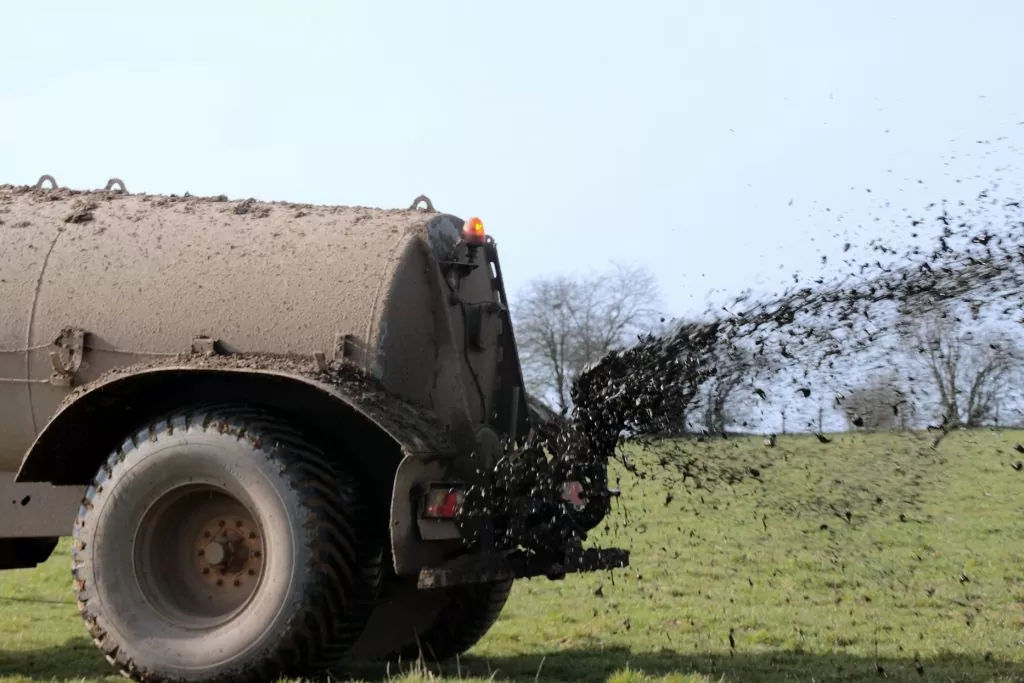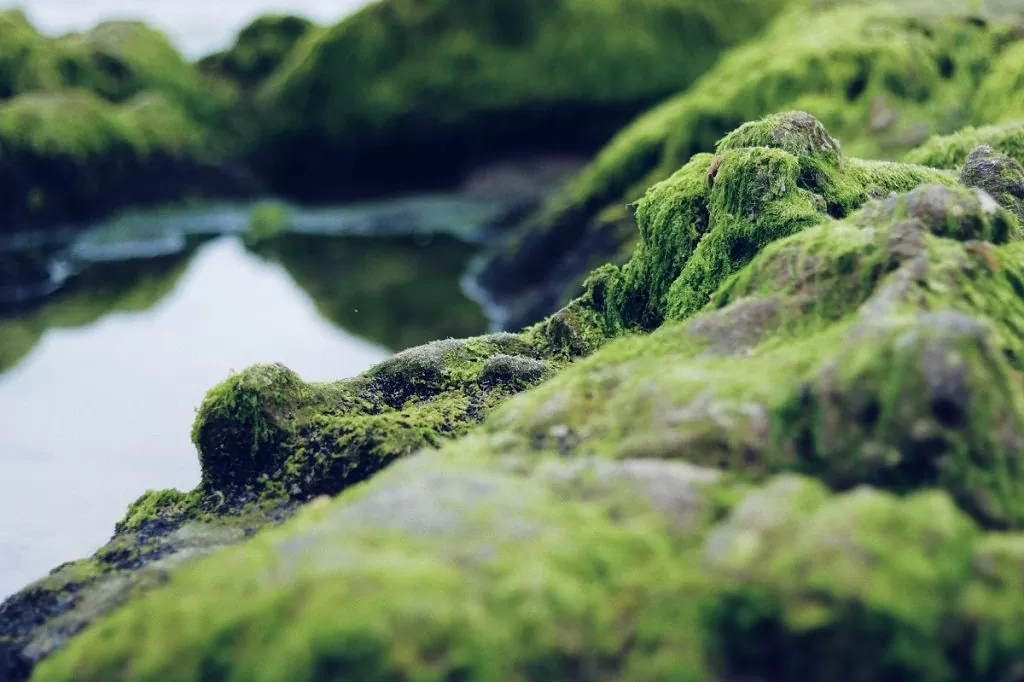Fertilizers and industrial pollution cause more and more oxygen-poor and dead zones in our oceans. There is hardly any oxygen present in these dead zones, making life impossible for marine animals and plants. A study, published by Science in January 2018, is alarming.

Fertilizers along coasts can cause the oxygen content in the oceans to become so low that life is hardly or no longer possible. Fish avoid these dead zones. According to these scientists, the problem is much greater, low oxygen levels can also cause nitric oxide to multiply. Nitric oxide is a greenhouse gas 300 times more powerful than CO2.
More than 50% of all oxygen on Earth is formed in the oceans. Low-oxygen zones are created by fertilizers for animal husbandry and agriculture.
Small coastal fishermen see their yields decrease as the fish stocks decrease. Tourism is also threatened. Many inland rivers and lakes have become low in oxygen or are in danger of becoming low in oxygen.
“An ecosystem that is not healthy can have far-reaching consequences,” says Lisa Levi, a biologist at the University of California
Warmer water contains less oxygen than colder water. Along banks and estuaries, fertilizers are the main culprit. The main causes are animal husbandry and non-organic farming.
These fertilizers ensure that the algae bloom in the water. Algae extract oxygen from the water. The consequences are green, low-oxygen rivers and lakes. We are not doing well!

1. Eat less or no meat.
As a result, fewer fertilizers and organic waste will reach the oceans.
2. Campaign for protected ocean zones.
The fish stock can recover in peace here.
3. Demand better water treatment from the government,
so that less poluted water reaches the oceans.
4. Choose organic food for the environmental effects .